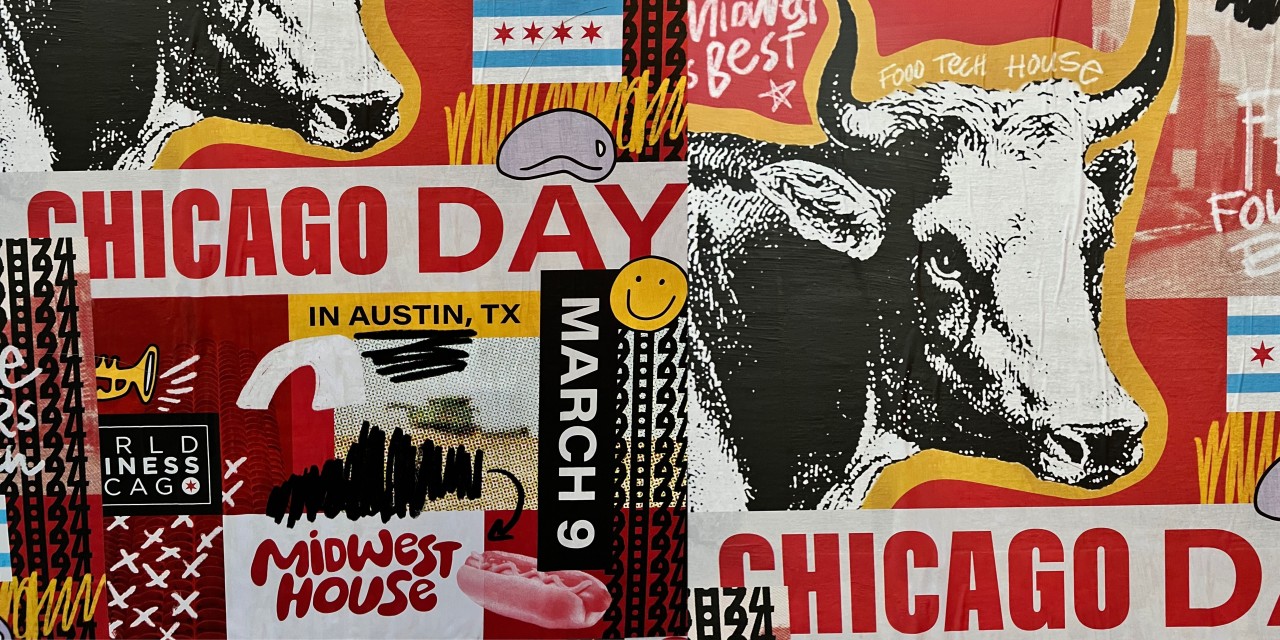Chicago is one of a few global cities working to change the image of the manufacturing industry.
Editor’s Note: Haven Allen, strategy manager of advanced manufacturing for World Business Chicago, was invited to participate in the Global Cities Initiative third annual global event. The Global Cities Initiative is a project of The Brookings Institution and JPMorgan Chase. Here are Haven’s updates from the event in Germany.
Munich, Germany
Chicago is one of a few global cities working to change the image of the manufacturing industry. At its core, manufacturing has long been considered a blue-collar industry. You think of steel and auto manufacturing, plastics – workers on an assembly line.
That has changed.
It’s not to say that manufacturing doesn’t still involve some of those core elements, but it is moving to a more dynamic, hi-tech and lightweight industry. Innovation in both the design and development of products is putting Chicago is at the center of this shift within the industry.
Manufacturing is one of the Chicago region’s largest and most prominent sectors, accounting for nearly $68.2 billion gross regional product in 2012. The industry is the second largest in the region and has a projected GRP annual growth rate of over 3 percent (compared to projected 2 percent growth for the economy as a whole). Currently, 14,000 small and medium manufacturers operate in the Chicago region – and over 100 have located or expanded in the region since 2011.
 Part of my mission as strategy manager of advanced manufacturing for World Business Chicago (WBC), is focusing on workforce growth and innovation. The manufacturing industry is the heartbeat of the United States, and Chicago sits right at the center of it. We are exploring ways to improve the manufacturing innovation ecosystem and partnering with those who’ve already begun testing these methods abroad.
Part of my mission as strategy manager of advanced manufacturing for World Business Chicago (WBC), is focusing on workforce growth and innovation. The manufacturing industry is the heartbeat of the United States, and Chicago sits right at the center of it. We are exploring ways to improve the manufacturing innovation ecosystem and partnering with those who’ve already begun testing these methods abroad.
I’m spending this week in Germany, traveling from Munich to Nuremberg as part of the Global Cities Initiative, to get a better understanding of how the manufacturing industry has grown and adapted there, and most importantly how we can apply that Chicago. The Global Cities Initiative launched in 2012 as a $10 million, five-year project of The Brookings Institution and JPMorgan Chase, aimed at helping leaders of metropolitan America strengthen their regional economies by becoming more competitive in the global marketplace.
Despite the manufacturing industry’s strength, there is a great need to reverse recent downward trends in employment and the skills gaps in the workforce created by automation, technology and an aging workforce.
A big way we’re looking to reverse these downward trends is our 1,000 Jobs for Chicagoland Manufacturing program, a partnership between manufacturers throughout the region, Chicago Mayor Rahm Emanuel and WBC. The primary goals with this program are to increase the awareness, capacity and coordination within the workforce development system.
Another cool program that we’re participating in is the Industrial Mechanic Apprenticeship partnership with the German American Chamber of Commerce. This new apprenticeship program will open during the 2015-16 school year and will accommodate roughly 60 students, and will be based on the German apprenticeship program. This is another key area we’ll be evaluating on our trip this week.
In addition to the 1,000 jobs program, a lot of buzz was created around the groundbreaking of the Digital Manufacturing and Design Innovation Institute, a $320 million digital manufacturing and applied research facility that is part of the National Network of Manufacturing Institutes. This groundbreaking is a seismic shift within the Chicagoland manufacturing industry and a sign of what’s next for the industry.
I’m excited to be a part of this Global Cities Initiative trip as I think it will allow us to find ways to build upon our success in Chicago by learning and collaborating with our global peers. I’m looking forward to sharing our experiences throughout the week.
Author’s Note: I was joined on this trip by several members of the Chicagoland manufacturing industry, including those that serve on the Advisory Council for Chicagoland Manufacturing. The people I’m joined by are as follows: Steve Kase, president of ASK Power; Brian Hand, chief executive officer of Skolnik Industries; Karin Norington Reaves, president of the Chicago Cook Workforce Partnership; George Barnych, director of techincal integration for Digital Manufacturing and Design Innovation Institute; and Judy Martinez, city account executive at Siemens.
